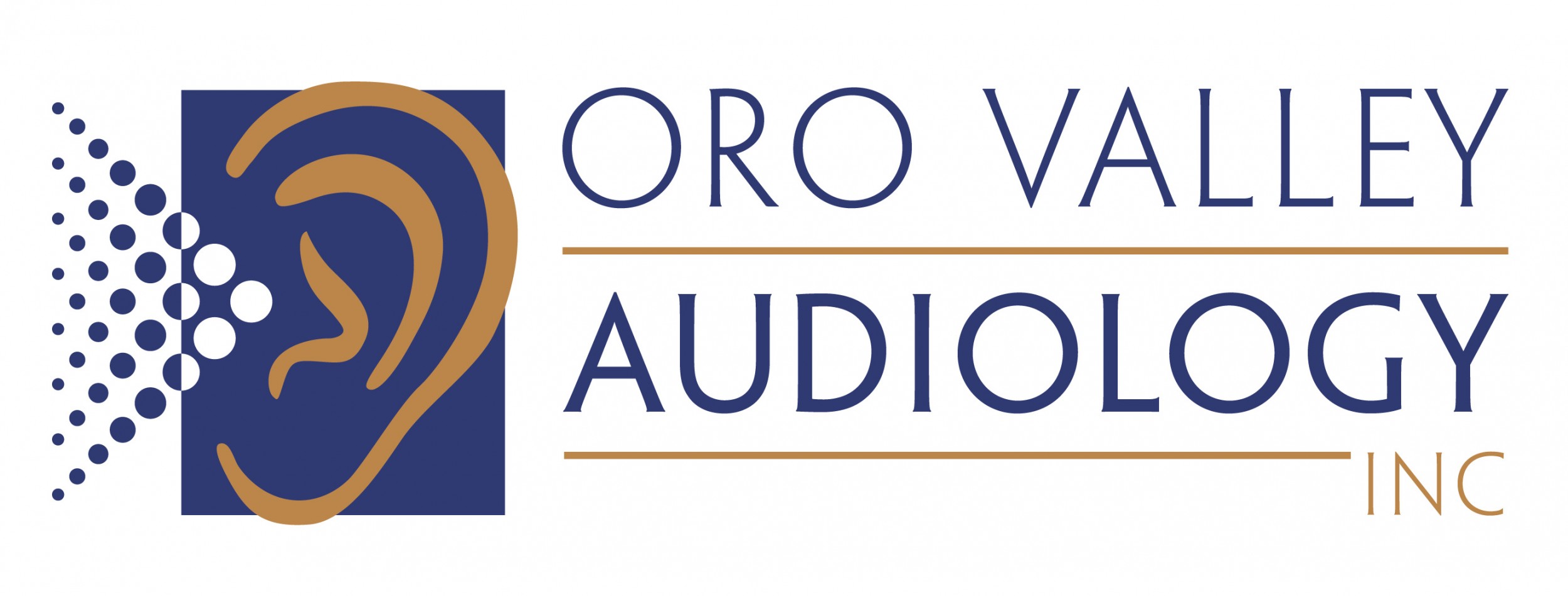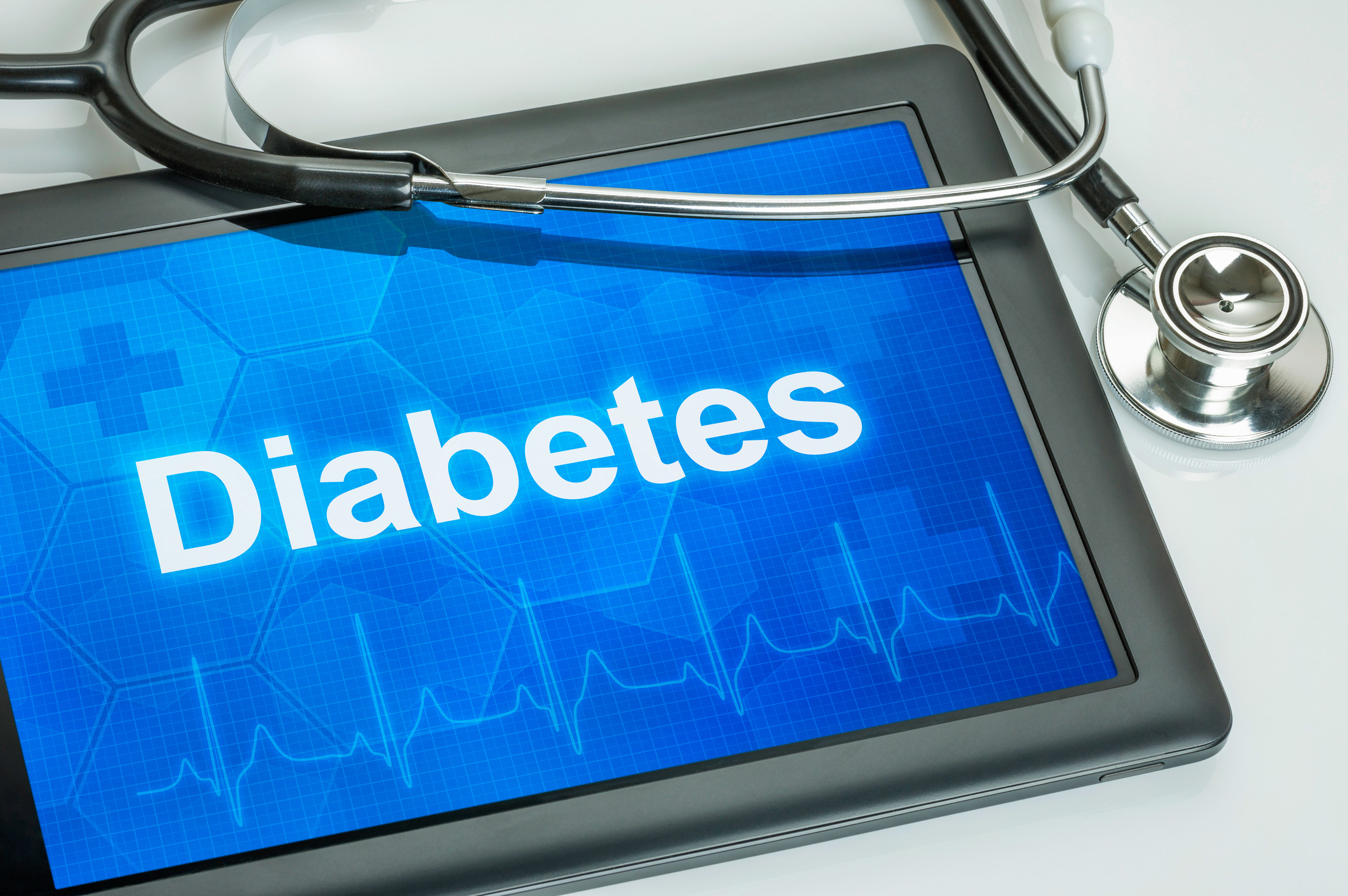With the growth in obesity, Type II Diabetes is steadily becoming more prevalent. According to the IDF Diabetes Atlas, diabetes is estimated to increase by 55% on a global level by 2035.
Diabetic patients are more than twice as likely to have a hearing loss compared to non-diabetics, regardless of age. Even though it is clear that hearing loss is a complication of diabetes, a hearing evaluation is often not recognized as a necessary referral when a patient is diagnosed with diabetes. Patients with diabetes do not receive treatment for their hearing loss as often as individuals without diabetes.
There are also twenty medications used to treat diabetes that can affect hearing and/or balance. The CDC has recognized and is including an audiological exam by an Audiologist as part of continuing care as of 2018.
When patients are diagnosed with diabetes, they should have a hearing evaluation performed by an Audiologist. It is also important that they have hearing evaluated annually, even if they had normal hearing initially because diabetic patients often have progressive hearing loss.
Diabetes can cause structural changes in the cochlea that result from microvascular changes. These microvascular changes also lead to nephropathy and retinopathy (numbness in extremities and vision problems). Type II Diabetics can have more changes in the inner ear than Type I and should be monitored annually.
It is essential that patients with diabetes have regular evaluations and are fit with hearing aids if they do have a loss. Hearing aids are important because untreated hearing loss leads to a higher incidence of dementia, depression, and social isolation. Patients that have been fit with hearing aids report benefits such as reduced frustration, less anxiety and depression, and better interpersonal relationships (National Council on Aging 1999).
For more information about diabetes-related hearing loss and/or hearing aids please contact Oro Valley Audiology, Inc by phone: (520) 825-4770 or email: orovalley@hearintucson.wpengine.com


